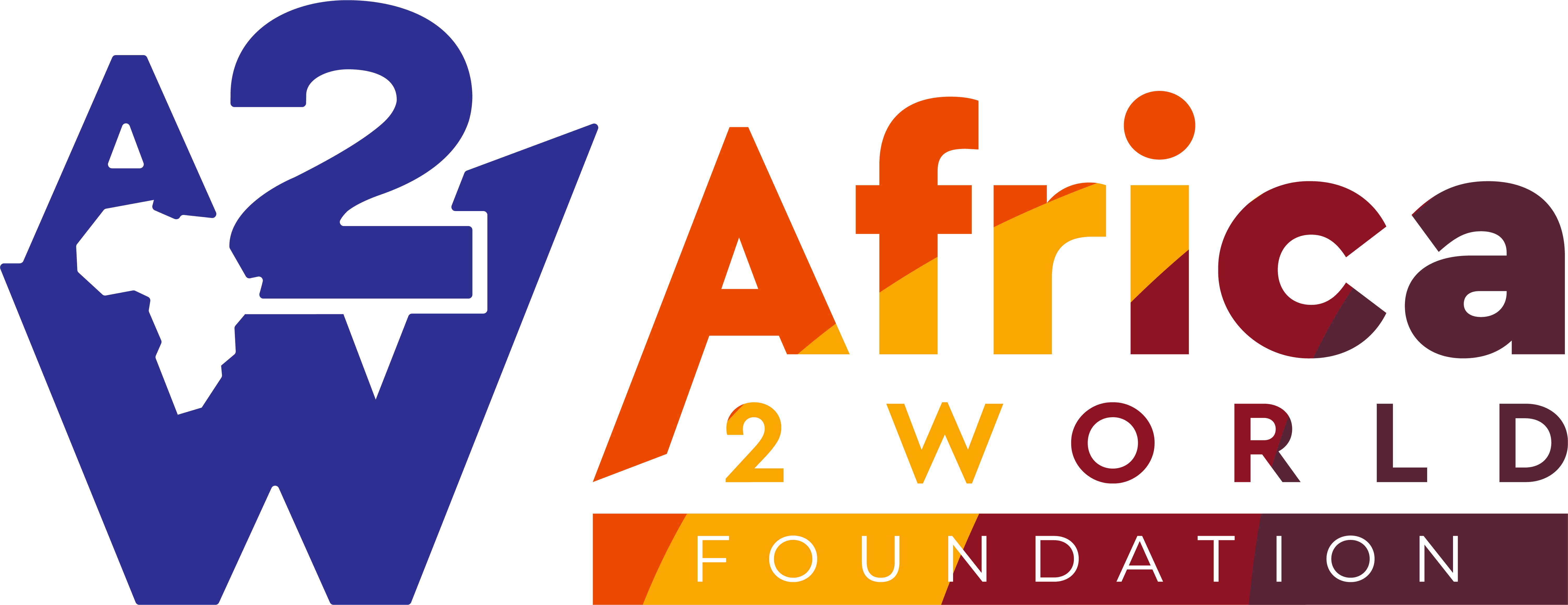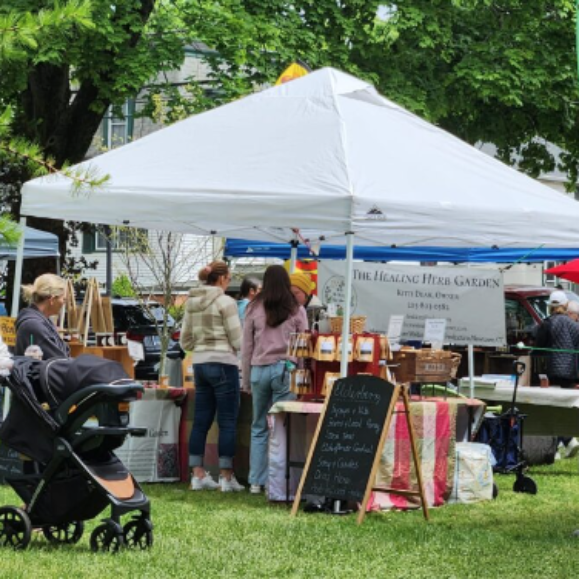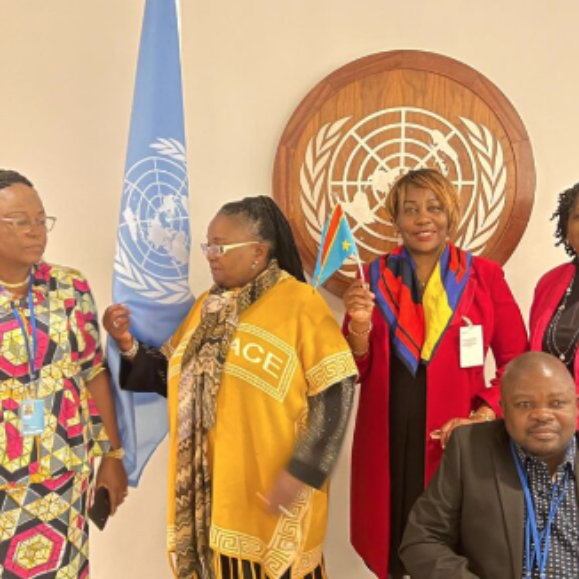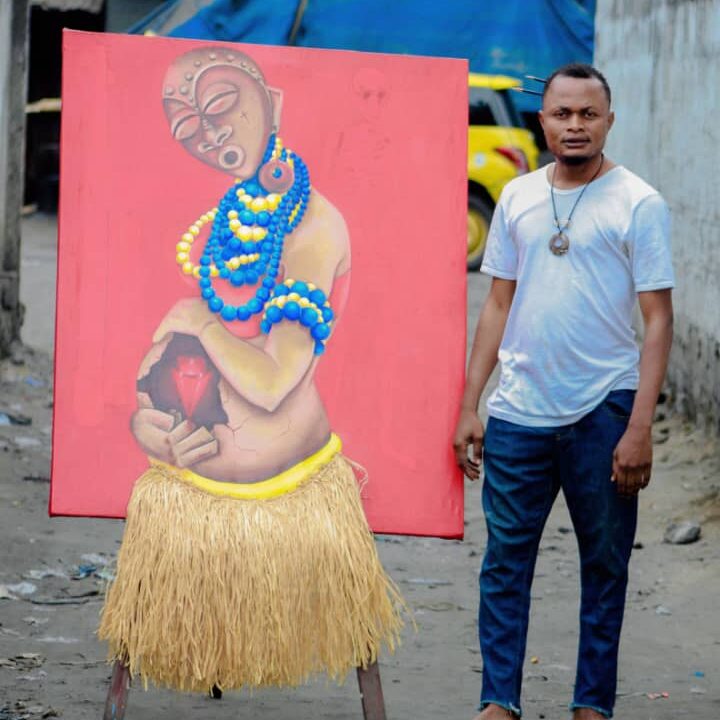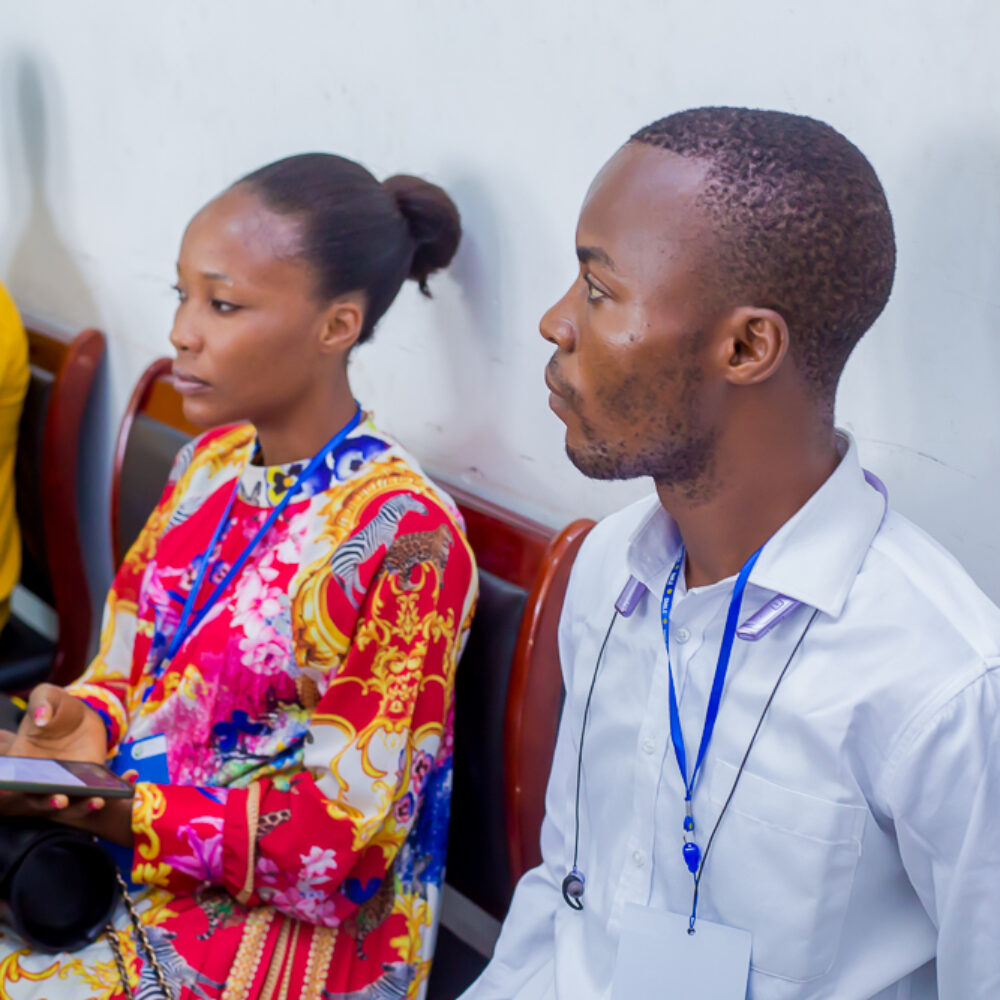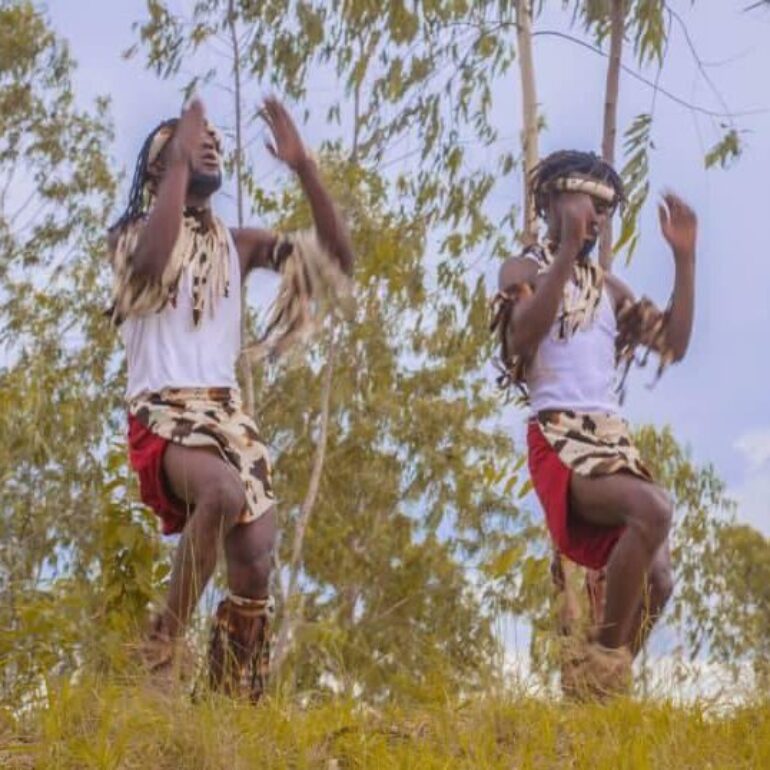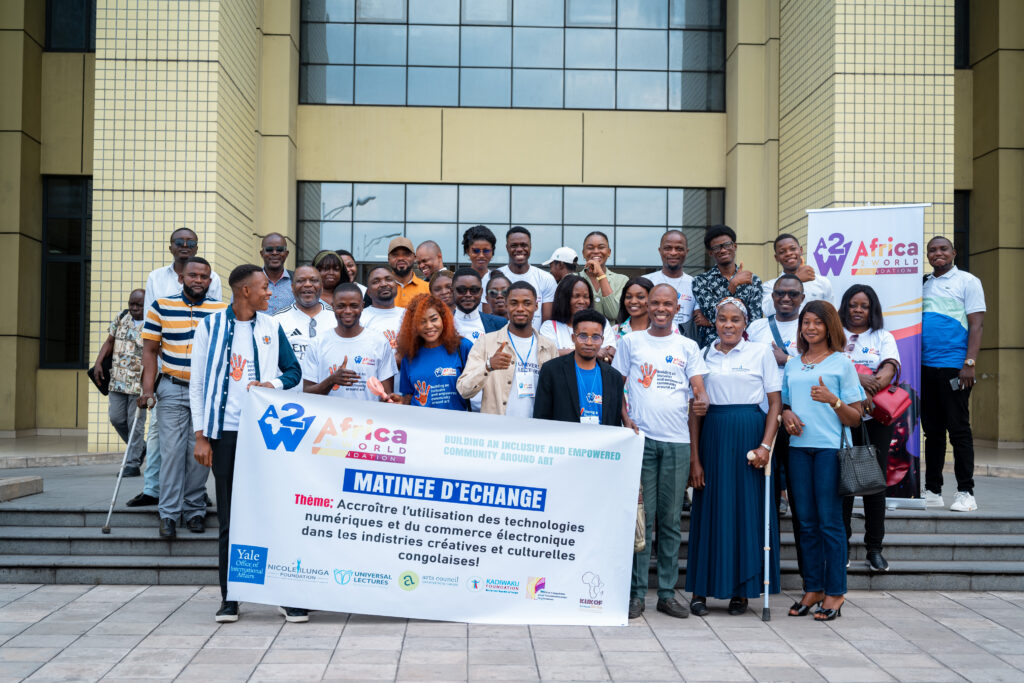
Challenge
The primary obstacle that is significantly impeding the development and progress of the arts industry in the vast continent of Africa, with a particular emphasis on the Central Africa region, is the glaring lack or insufficiency of government support. This is a critical issue that cannot be overlooked. Despite the undeniable and profound impact that artists have on shaping and enriching Africa’s cultural landscape, contributing to its unique identity and diversity, the growth and flourishing of the arts in many African countries is further hindered and stifled by inadequate funding. This lack of financial support is a significant issue. It is not just about the monetary aspect, but it also extends to a lack of necessary facilities like art galleries, performance spaces, and studios. These are essential infrastructures that provide artists with the means to create, display, and perform their work. Without these, artists are left struggling to find suitable spaces to express their creativity and share their work with the public. Moreover, the scarcity of platforms and spaces for artists to display their work is another significant challenge. This limits their income generation potential, making it difficult for them to sustain themselves financially through their art, and restricts their visibility. Without adequate platforms to showcase their work, artists cannot reach a wider audience, limiting their exposure and recognition. This, in turn, can harm their career growth and development in the arts industry.
Our response
As part of our ongoing efforts to enrich Africa’s vibrant arts community and provide opportunities for artists from diverse backgrounds, the Africa2World Foundation is actively developing a comprehensive plan that aims to set a clear direction for our program’s future and establish a strategic framework to help us achieve our goals. The strategic objectives of the comprehensive plan include promoting the use of digital technologies and e-commerce in the creative and cultural industries, offering support to African’s cultural and creative business community, and enhancing economic activities within Africa’s cultural and creative sectors in selected countries with Central Africa region.
Our local partners and Africa2Workd Foundation countries’s programmes are playing a key role in leading the consultation process, which involves conducting focus groups, interviews, and surveys with a wide range of stakeholders. These stakeholders include artists, creators, leaders of art and cultural organizations, and representatives from creative businesses, as well as key ministries responsible for culture, art, entrepreneurship, and trade in Central Africa. To further facilitate this process, the Africa2World Foundation will organize workshops, pop-up events, and a kick-off meeting with the local teams in late December 2024.
Partnerships
Partnerships with ecosystem partners and community and stakeholder engagement will be crucial to successfully implementing our strategy. Africa2World will also leverage local experiences and contributions to ensure the sustainability and relevance of the program outcomes as well as to increase equity within our practices and programming. In countries like Angola and DR Congo, our local partners provide logistic support for in-person training and events and ensure that educational content and materials are culturally and linguistically relevant.
